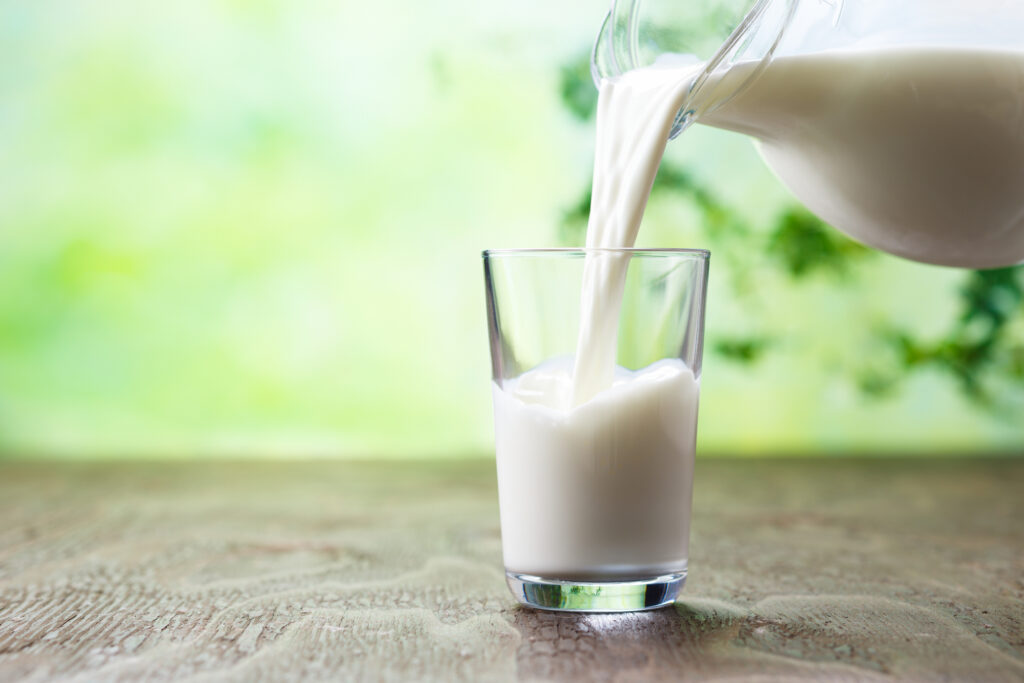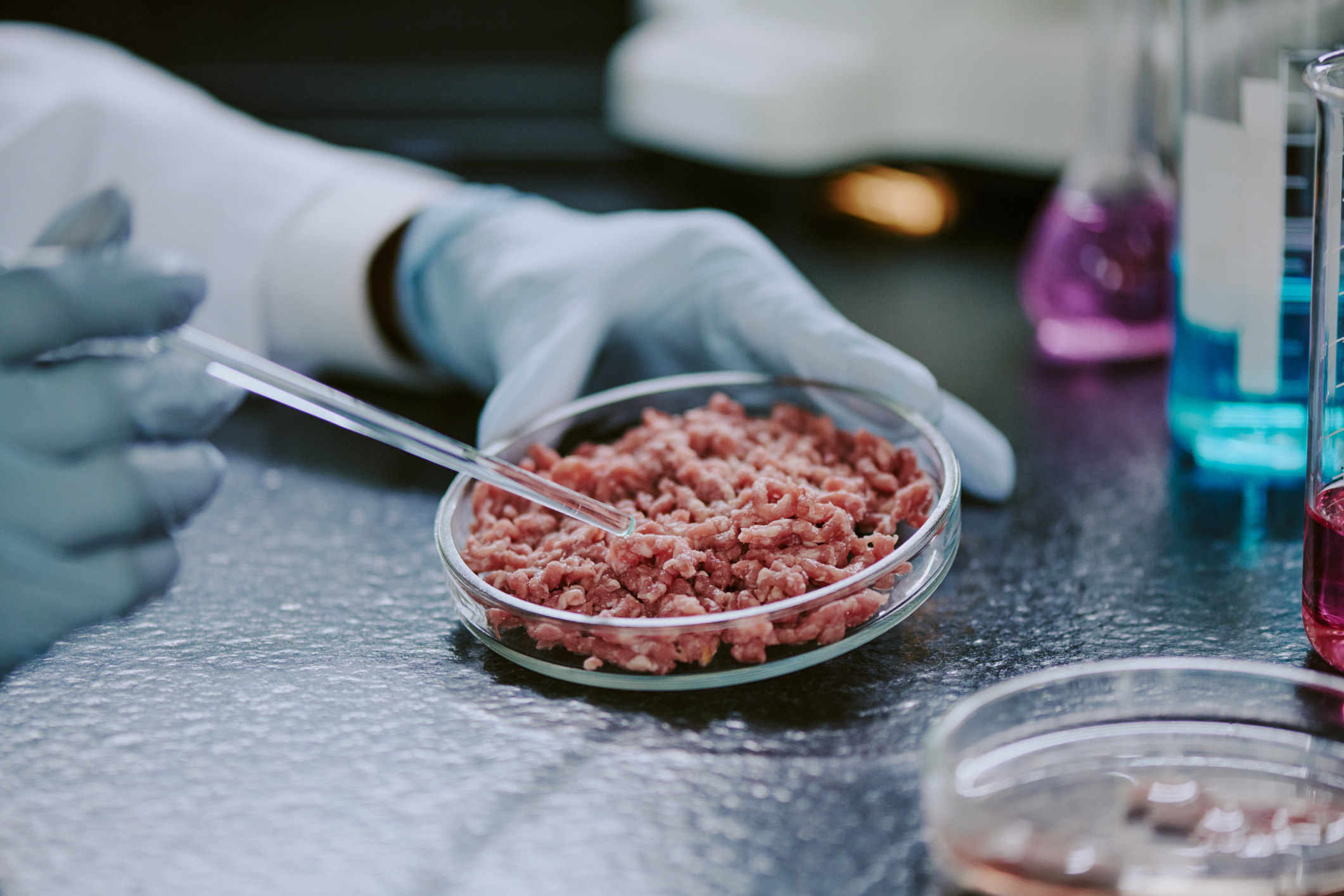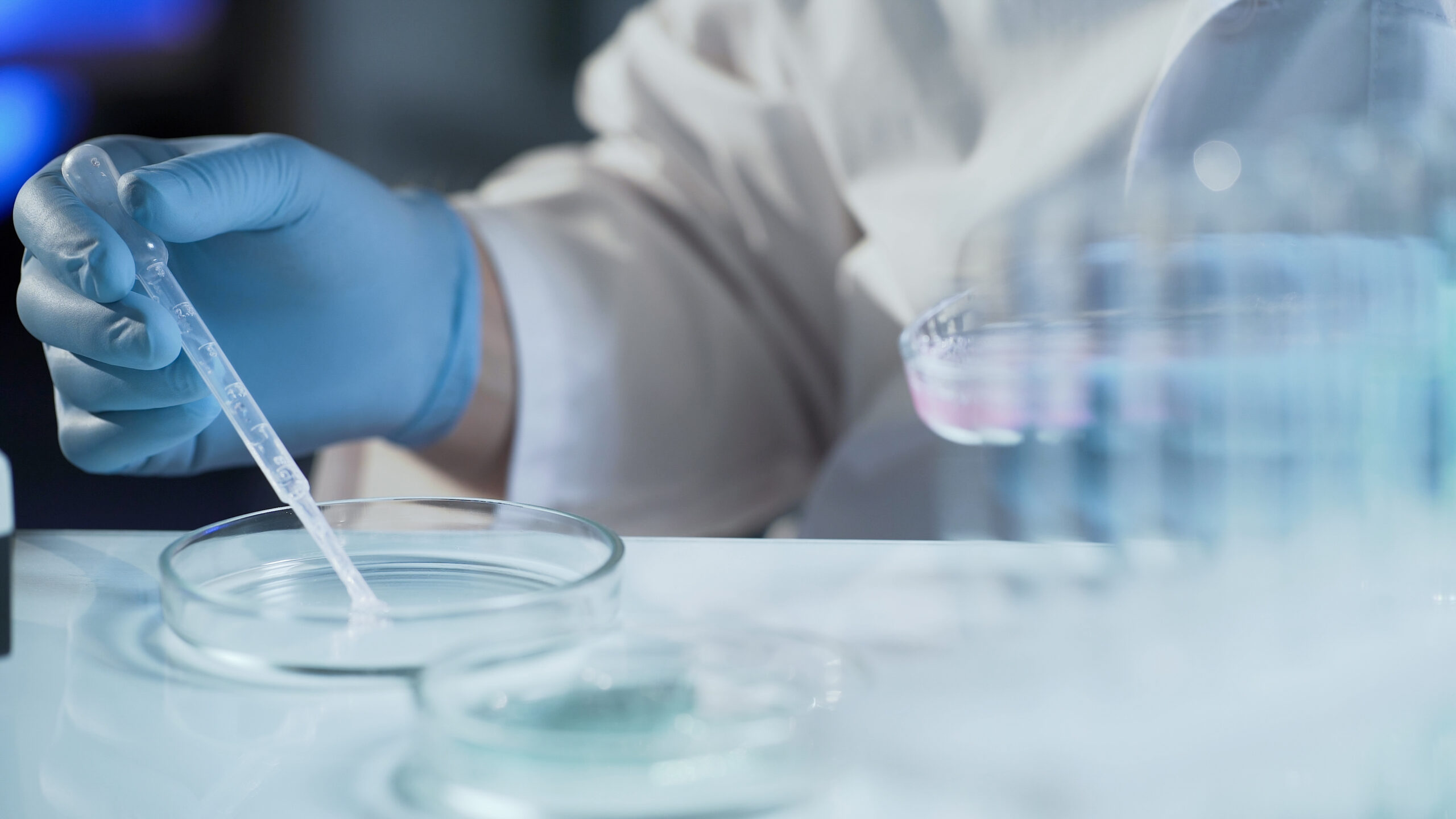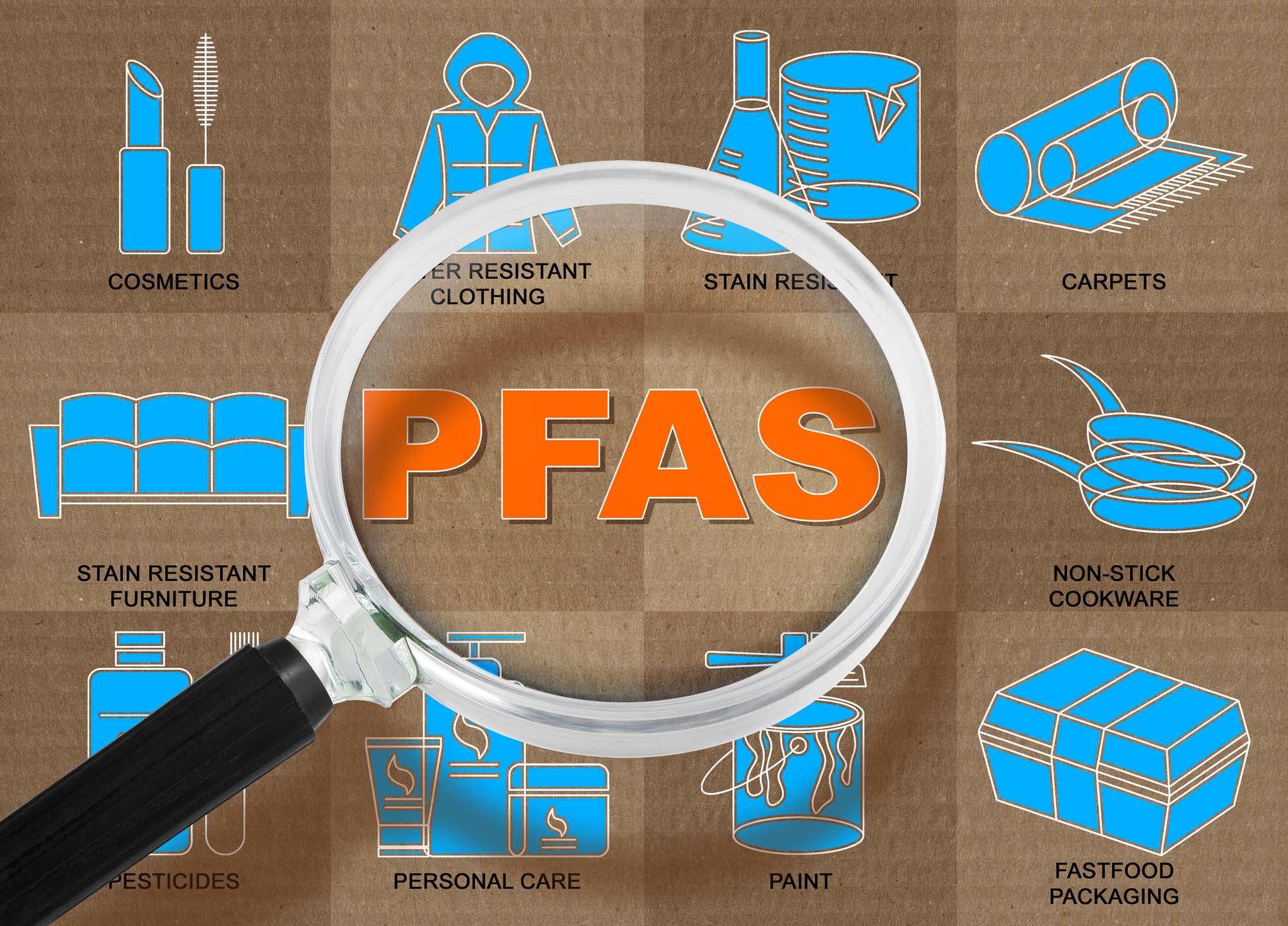
The debate over raw milk legislation has intensified in 2024, with several states introducing or passing bills that address the sale and distribution of unpasteurized dairy products. Raw milk has not undergone pasteurization, which heats the milk to a specific temperature for a set period to kill harmful bacteria and pathogens. Unlike processed milk, raw milk is unpasteurized and unhomogenized.
Proponents argue that raw milk offers health benefits and supports local agriculture, citing consumer demand and potential economic gains for dairy producers. On the other hand, critics highlight the health risks associated with consuming unpasteurized milk, including the potential for harmful bacteria and foodborne illnesses such as E. coli, salmonella, and listeria. The U.S. Centers for Disease Control and Prevention (CDC) warns that choosing pasteurized milk and dairy products is the most effective way to “safely enjoy the nutritional benefits of milk” and that consuming raw milk could lead to serious health risks.
Colorado Bill Allowing Consumer-Direct Raw Milk Sales
In January 2024, legislation was introduced in Colorado to allow direct-to-consumer raw milk sales. SB24-043 would permit registered raw milk producers to sell directly to consumers, provided they follow labeling, storage, handling, and transportation guidelines. The legislation would permit sales at the production site, consumer homes, farmers’ markets, or roadside stands. The raw milk legislation would also direct the Department of Agriculture to establish regulations for these processes, inspect producers’ operations, and enforce compliance through legal action or civil fines. The bill did not advance in Colorado’s 2024 legislative session.
Raw Milk Legislation Awaiting Governor’s Signature in Delaware
In Delaware’s 2024 legislative session, lawmakers passed Senate Bill 273, which legalizes the sale and distribution of raw milk and raw milk products by dairy producers direct-to-consumer for human consumption. Under the legislation, raw milk containers or the packaging of products derived from raw milk must have a “prominent” label that “Raw milk is unprocessed, unpasteurized, and unhomogenized and may contain harmful bacteria.”
The raw milk legislation, known as the “Consumer Choice Milk Act,” would further establish a raw milk permit system managed by the Department of Agriculture. If the governor approves the bill, only permit holders or individuals under the direct supervision of a raw milk permit holder could sell or distribute raw milk or raw milk products.
New Jersey 2024 Raw Milk Legislation Introduced
Garden State lawmakers introduced companion bills (A1086/S3414) in the 2024-2025 legislative session to allow for the sale of raw milk under certain conditions. Under the legislation, the Department of Agriculture would establish a raw milk permit program in consultation with the Department of Health. The bill would authorize permit holders to sell raw milk directly from the farm or property where it is produced while establishing strict quality standards to minimize public health risks. The bill would require applicants to meet several prerequisites to obtain a raw milk permit, including signing an affidavit certifying no use of growth hormones, displaying conspicuous warnings about the lack of pasteurization, submitting to inspections by the Department of Agriculture and the Department of Health, and complying with New Jersey’s dairy laws and regulations. A fee estimated to cover administrative costs would fund the permit program.
Additionally, the bill would require the Department of Agriculture to consult with the Department of Health to conduct initial and ongoing testing of cows for raw milk production. The bill would require permit holders to conduct regular tests for bacteria and pathogens, reporting failing results to the appropriate authorities. The state would revoke the raw milk permit if a permit holder failed to meet the required standards by failing two consecutive tests within a year.
Neither bill had advanced past their respective committees of origin. However, Agriculture Secretary Ed Wengryn said during budget hearings in early May 2024 that he would be open to talking to lawmakers about legalizing raw milk in the state.
Pennsylvania Raw Milk Permit Legislation Introduced
State Representative David Zimmerman introduced HB 2293, raw milk permit legislation, in May 2024. According to the bill’s co-sponsor memo, Pennsylvania law only allows raw milk and raw milk hard cheese to be sold with certain permits. HB 2293 would authorize holders of raw milk permits to sell additional raw milk products beyond raw milk and raw milk cheese if they follow the Department of Agriculture’s regulations. If approved, the bill would go into effect within 60 days of its enactment.
As of July 23, 2024, the bill is awaiting consideration by the House Agriculture and Rural Affairs Committee.
West Virginia Raw Milk Bill Enacted
On March 9, 2024, HB 4911 became law without the governor’s signature. The bill had passed the House of Delegates 95-1 and the Senate 28-5. The enacted legislation permits the selling of raw milk in West Virginia under certain conditions. These conditions include that containers of raw milk must be labeled as “unpasteurized raw milk” and include the name and physical address of the seller and date of production. Additionally, all containers of raw milk must include a warning stating: “ Consuming unpasteurized raw milk may increase your risk of foodborne illness, especially for children, elderly, immunocompromised individuals, and persons with certain medical conditions.”
The new law also allows the Agriculture Commissioner to propose regulations in consultation with the Department of Health. It was previously legal to consume raw milk in West Virginia through herd-sharing programs since 2016.
From The Experts
Expert insights from the authors at Duane Morris Government Strategies.
Ryan Stevens
As more states consider new regulations around raw milk, it’s crucial to balance consumer demand and agricultural needs with public health safety.
Latest News
Photo credit: iStock.com/24K-Production Across the United States, lawmakers are increasingly reconsidering psilocybin policy in response to growing evidence of its therapeutic potential. Psilocybin is a naturally occurring psychedelic compound found in particular species of mushrooms. [...]
Photo credit: iStock.com/AnnaStills Families across the U.S. are readying for summer 2025 barbecues amid a growing debate over the meat on those grills. Cultivated meat, a product of cutting-edge food science, offers an alternative to [...]
Photo credit: iStock.com/Motortion In 2022, the U.S. Supreme Court decision in Dobbs v. Jackson Women's Health Organization overruled a federal constitutional guarantee of freedom to abortion. Since then, legislation concerning reproductive healthcare—including access to [...]
Photo credit: iStock.com/Francesco Scatena Recent trends across the country have seen several states introducing bills to ban certain chemicals, particularly perfluoroalkyl and polyfluoroalkyl substances (PFAS), in consumer products. According to the EPA, PFAS are persistent [...]






Stay In Touch